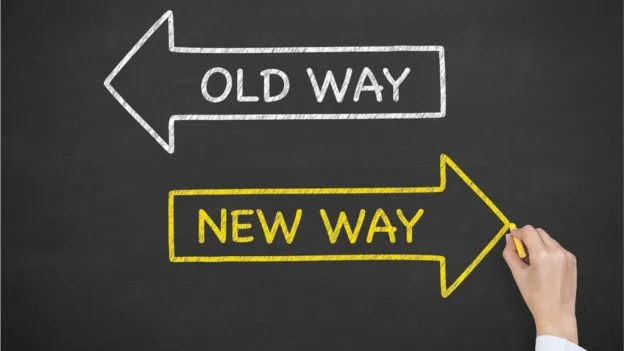by Leigh-Ann Gowland, founder of Employee Driven Change
Business change can be driven by changes experienced by the leader as much as it can be influenced by changes in market or organic change from the business. Acknowledging when change needs to be managed is vital to ensuring successful transitions to better business. The scope of my role as a change manager is no longer limited to organizational change but includes coaching leaders to recognize and manage their personal change journeys. In this article, I share some examples of change triggers to keep in mind.
Are you listening?
When we are busy and focused we tend not to notice small changes or gaps in our business. Your employees, suppliers or customers may notice these gaps and provide valuable perspectives on how the business is changing or should be changing. Create feedback mechanisms to gather voluntary input or take time to request specific feedback. Trends will quickly become clear and help you prioritize change efforts required to support your evolving business.
Are your pressured work days necessary?
Business leaders usually want to control everything in their business to ensure quality of delivery meets their personal standards. Many leaders don’t trust others to complete certain tasks and insist on doing everything themselves which may limit their output or negatively impact quality. This is a prompt to consider changing your personal mindset as well as operations of your business. Which activities can be completed by someone else? What are the minimum standards for delivery? How do you manage quality outputs without doing everything yourself?
Control is not only achieved by doing everything yourself. Quality output can be achieved through careful expectation management. Start by identifying the activities you perform in your business and rank these by the value of your contribution. For example, management of your financials is important to the business and a key responsibility of the owner but must you do everything financial? Unless this is a core competency of the business or a well developed skill you can harvest more value from negotiating responsibility and timelines with a financial specialist. This will allow you to ensure quality of delivery, within required timelines and create capacity to focus on your passions.
Should you be making all the decisions?
When you start your business every decision comes through you, no matter how small. However, as the business grows making all decisions could be a habit not a necessity. Delegation of responsibility will help spread the workload and eliminate bottlenecks but it may not reassure your control instincts. Take time to think through your decision making process to identify essential criteria per decision type. Document a policy to guide decision making on key decisions across the business. This will hold everyone in the business accountable for responsible decision making, especially when urgent decisions are required. It will enable you to focus on complex decisions that drive strategy and growth.
Are you operating efficiently?
We have all encountered a process or procedure which appears cumbersome or unnecessary but when we ask why it is done a particular way the response is often: “Its policy”, or “Its how it has always been done”. When a routine is established it is easy to adhere to a well rehearsed process without hesitation. In dynamic environments processes should be continuously adapting to changing needs. Always be on the look out for better and more efficient ways to complete routine activities. Don’t limit your innovation and imagination to your offering, bring your creativity into how things are done in your business.
Empower yourself to manage the change
As a business owner improving your ability to proactively manage change is an essential skill. Change management can support improving personal and organizational efficiency as well as response to changing market, customer and business requirements. Equip yourself to be aware of the triggers, listen to feedback, identify trends and facilitate change effectively to support your business.
Leigh Ann Gowland is an independent change management consultant and the founder of Employee Driven Change, and assists companies with large change initiatives while making change work for individuals. With fifteen years of experience in change management, human resources, and workforce transformation, she understands individual and business change across industries, projects and corporate cultures. Her approach to consulting and coaching styles is informed by Systems Theory and her passion for empowering others to understand and drive change and apply these skills. www.employeedrivenchange.co.za
More articles by Leigh-Ann...











